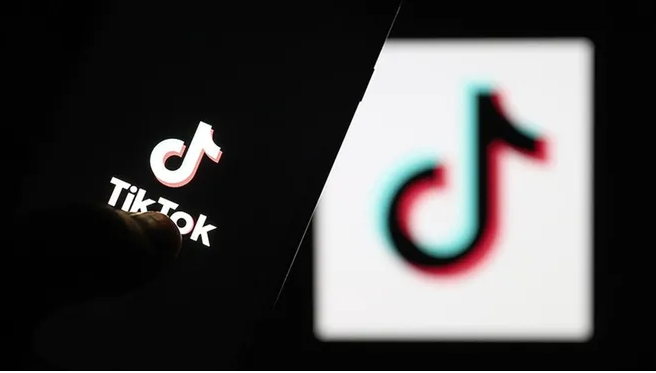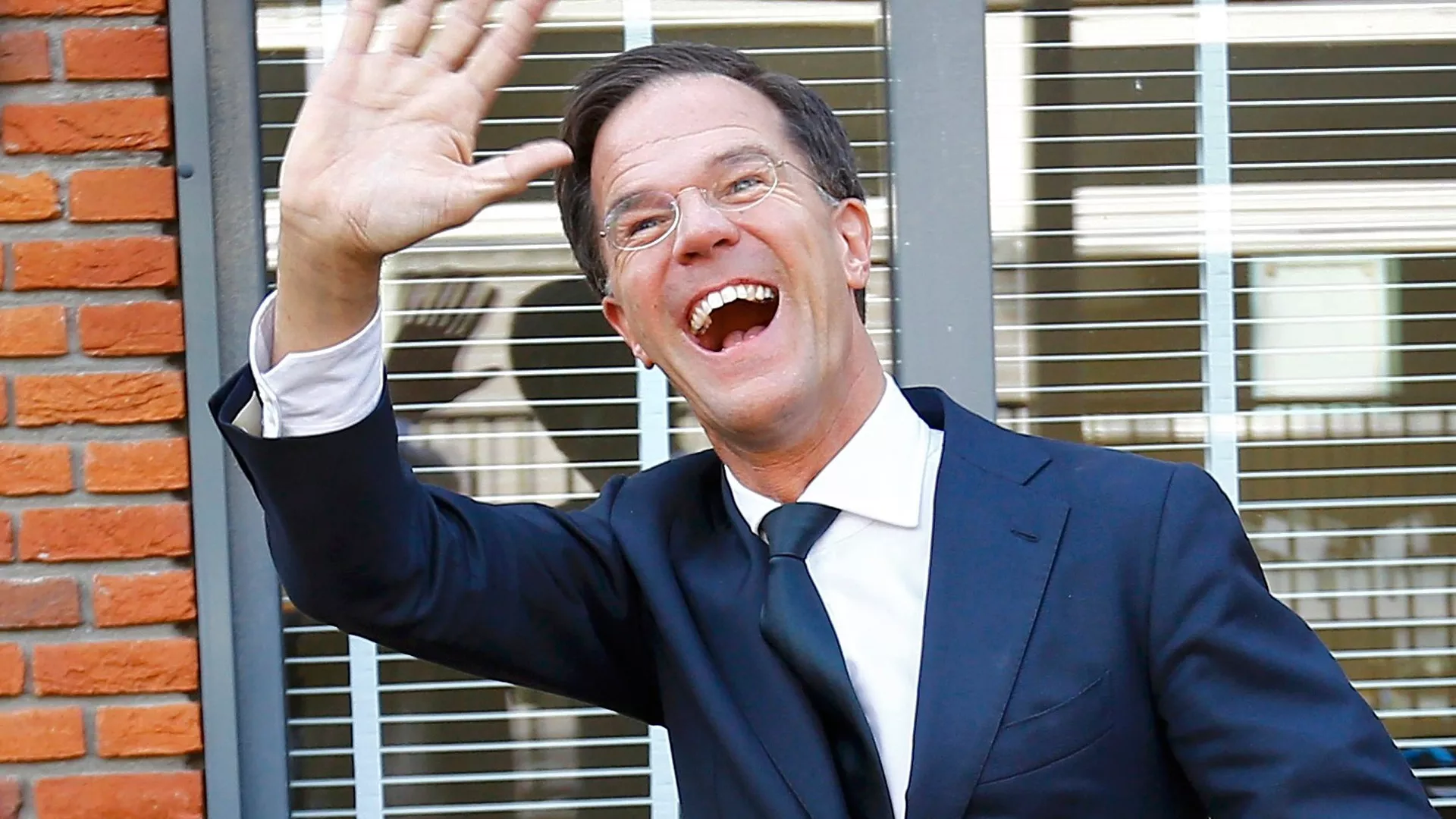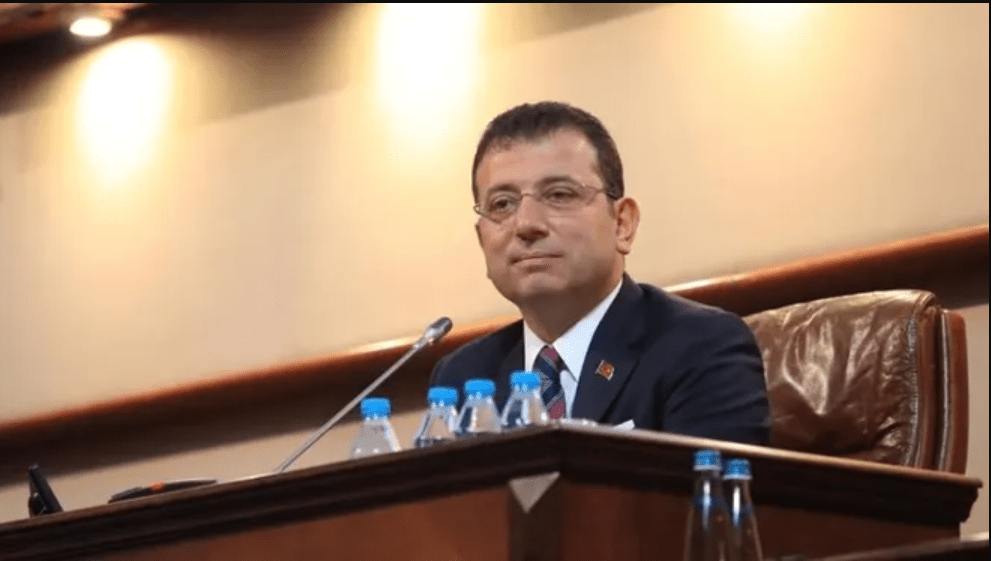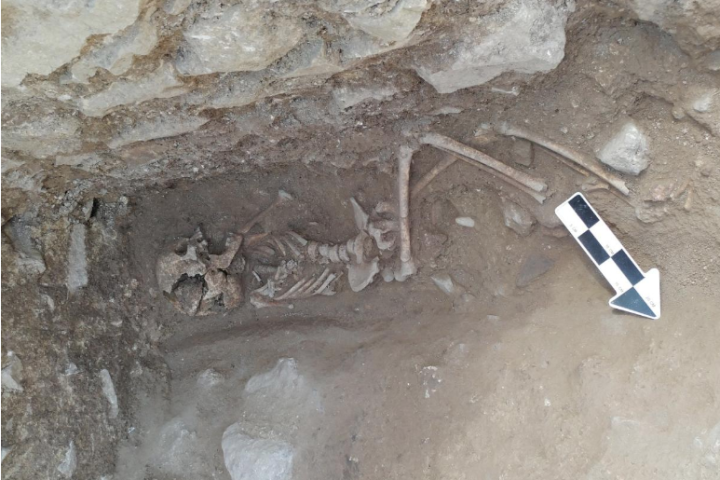Turkey advertises in Germany with colorful cosmopolitanism for vacations in Istanbul. Yet repression reigns on the Bosporus beneath the fun-loving surface.
A ship glides across the deep blue Bosphorus. Drone shots of the most important sights: Hagia Sophia, the Galata Tower, and last but not least, the former Bosphorus Bridge, now called the Bridge of the Martyrs of July 15, can be seen before a Turkish Airlines plane taxis smoothly into view from the right. The promotional video, entitled İstanbul is The New Cool, is accompanied by a funky song by a Turkish DJ that would also make a good commercial for a cell phone provider.
For Turkey, tourism is one of the most important economic sectors, which almost completely collapsed at the beginning of Corona. The tourists who came anyway were allowed to leave their hotels to stroll and sightsee, while the country’s residents had to stay in their homes in lockdown. Also up-to-date it looks economically badly in Turkey. All the more penetrating appear recently the beautiful advertising videos on Instagram and posters everywhere in Germany.
The campaign of the Turkish Ministry of Culture and Tourism bears the name GoTürkiye (for some time now no longer “Turkey”, because of turkey associations). It promises “unforgettable summers” and the discovery of “new worlds”. For many people who live in Turkey or have relatives there, the most unforgettable summer is already in the past. From the night of July 15-16, 2016, during the coup attempt, there are less pretty shots from the air. But all the more from the ground.
Recorded were people and tanks, tanks and people, gunshots, crying, injuries, shouting, bawling, flag-waving. The consequences were harsh government interventions, emergency laws that curtail basic rights to this day. Mass arrests, custodial sentences, imprisonment, for all those who disagreed and who are still threatening the state today because they are different. The last women’s march on the occasion of International Women’s Day on March 8 was banned, the years before there was tear gas, tear gas, tear gas, arrests, plastic bullets. The Pride parade in June this year was also banned, 200 people detained who went out on the streets anyway. Osman Kavala, cultural patron and human rights activist, has been in pre-trial detention since 2017, recently sentenced to life in prison. Naming individuals is important, but it also feels problematic. After all, there are so many people who have been imprisoned for having a different opinion, but never get a mention.
While the hip Berlin advertising agency jung+schön still boasts on its website that it worked for the Turkish tourism campaign “Turkey. Go.Discover.Share” in 2014, there are countless posts and stories of happy travelers to Turkey on Instagram, completely independent of official campaigns, showing how beautiful it is there – completely free advertising for an authoritarian state.
Perhaps it must be said again in all clarity: Holidays in an authoritarian state generate money for the authoritarian state. Money that flows, among other things, to German companies to buy weapons. Weapons that are used, among other things, to kill Kurds (in Turkey, Syria or elsewhere). People who travel to Turkey because they just feel like it, because the lira is so cheap right now, because the water is so clear, because Istanbul is so “cool”, because they just can, are part of the problem.
“İstanbul defines the word ‘cool.’ Since the city is home to a very diverse people and connects two continents, being cool is inevitable,” the tourism campaign’s website reads. Under their video on YouTube, one user writes in the comments, “No, it’s not. It is a city of constant sadness. Everyone wants to flee and try to emigrate to other countries,” whereupon he is insulted by another user. Yet another writes, “Such garbage … completely mendacious images.” Such comments stand alongside others praising the video, asking for the name of the great song that is played in it. In between, someone posts a Turkey flag emoji. It’s all there at the same time, side by side, one below the other. Online, in anonymity, positions, but also hatred and extremism become visible. Once you link something, the algorithm transports you into infinite bubble spirals. #marmaris, turquoise sea, small fishing boats on the quay, sunset, a click on the heart. Holidaymakers and nationalists in the comments.
Offline, most people in Turkey remain silent. One wrong word can lead to direct punishment, even if only the neighbors hear it. Many no longer mention the name of the president. Some prefer to speak of an earthquake for which no one is to blame. An earthquake that the seismographs could only measure when the glasses had already shattered. Because everything has shifted. Others no longer speak publicly about politics; they endure the shaking silently. The fear of denunciation, which is possible via app from anywhere in the world, is too great.
Between mocha and Çay romance, the friendly salesman in the Kapalı Çarşı, modestly dressed blond women next to those walking home late at night in skimpy clothes, the oppression remains invisible in the images of the tourism video. We are just supposed to know: Istanbul is diverse, open to everyone, tolerant and beautiful.
But for whom?
Not for the people who live in Turkey, who are oppositional, who are queer, who are journalists, artists, lawyers. Not for those whose parents immigrated from Turkey back then, who always just smile or quickly change the subject when asked why they no longer travel to “their” country in the summer. Not for those whose loved ones have been imprisoned.
Not for those who have not been able to visit their family for years.
Not for those who.
They are all exposed to the images that are constantly reproduced on Instagram and other platforms. Images that produce longing for a place that no longer exists. Because only those who leave money and don’t ask questions are safe.
The last picture of the promotional video shows again the today renamed Bosphorus Bridge. This time in the evening, the city brightly lit, the sky dark blue and pink. Lit in red are the pylons, in the red of the national flag. The cars driving on the bridge, just coming from Europe or Asia, are only visible as small points of light, moving slowly. A completely normal evening in the most beautiful city in the world. In white lettering, the invitation, “Visit Turkey.” I’d rather not.





